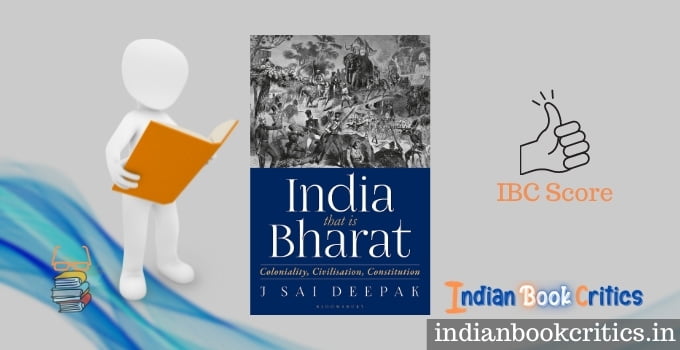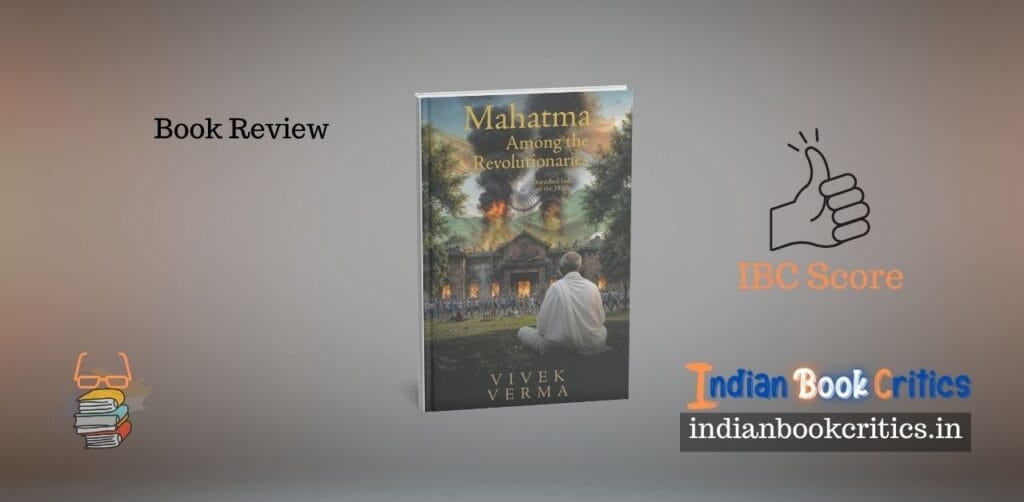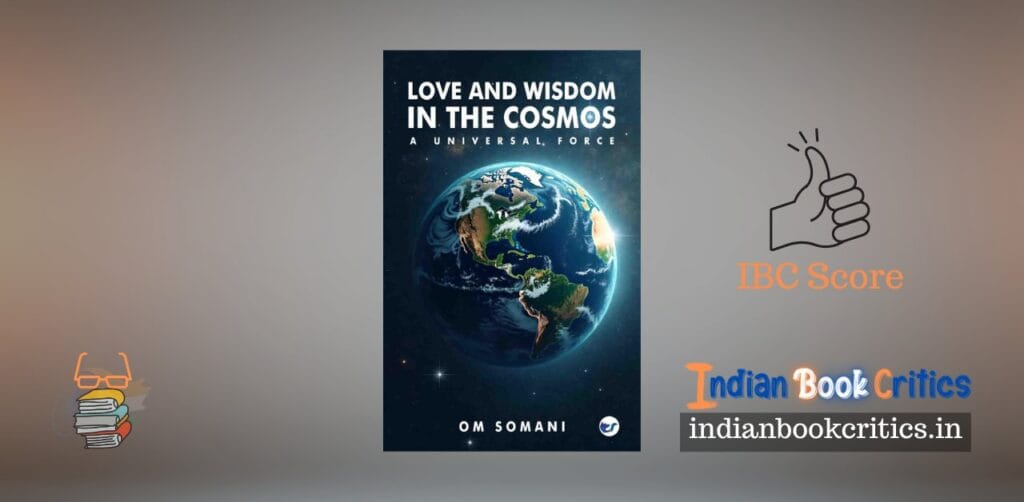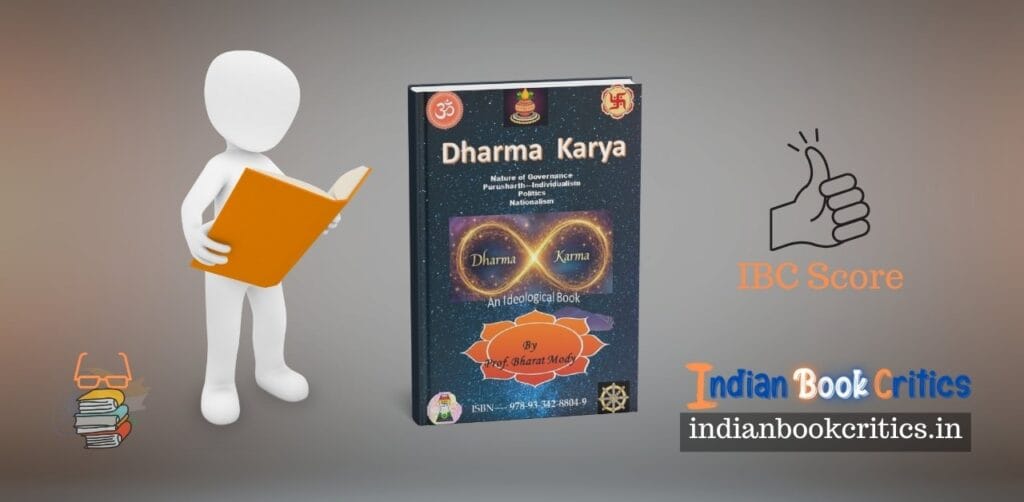I have not put my faith in Ashwin Sanghi‘s concept of history being more stranger than fiction until now. After coming across the ‘opinions’ like Yudhishthir getting inspiration from Ashoka, and Ravana’s Dalit identity, my romance with history started. I began looking for the history behind the history we read. This search led me to many books, authors, and alarming discoveries. J Sai Deepak’s book, India that is Bharat: Coloniality, Civilisation, Constitution, is one of the milestones in my journey. (I know it’s a milestone in the author’s journey as well.)
A simple (and loathsome) deconstruction of the book’s title can mislead the readers in several directions the book does not intend them to go. Yes, it is about many things that the colonisation of our country brought. However, the book deals with many concepts that many popular books have decided to leave in oblivion. J Sai Deepak’s book attacks the very interpretation of India from a colonial, post-colonial or even decolonial lens. He points out that scholars from the West interpreted everything about India from a Christian perspective. The author does not write anything solely based on his intellectual disposal. (That would also stand justified because of the scholarship and persuasion prowess of the author.) J Sai Deepak pits philosophers and intellectuals from the West against their contemporaries, predecessors and successors. Though one can raise questions about this ploy by the author, it also exposes the hollowness of the intellectual sphere of the day. We cannot help pass any opinion of repute unless that gets approval by some guy from the West.
There are three sections in the book – Coloniality, Civilisation, and Constitution. A reader will find grave details, historical mistakes in collecting information, exposition of the European hypocrisy and many other things in the first section, spread across five chapters. The second section contains four chapters, and the final has two.
Whether you stand on this or that side of the line that we know as a differentiator between ideologies, you will have to accept the scholarship of this author is not in the league of commons. J Sai Deepak exposes many historical myths that the European historians and those inspired by them and the Marxist ideology created about Indians. From the Aryan race theory to the ‘tribes’ of Jharkhand, the concept of ‘castes’ to the pressing need to spread the Gospel, the author has exposed these hidden secrets that forcefully cancel many mythical ideas embedded in Indian history hitherto.
“Further, in 1659, the directors of the Company were clear that it was ‘their earnest desire by all possible means to spread Christianity among the people of India’, which led to missionaries being allowed to travel to Bharat on the Company’s ships.” (Deepak, 2021: 325)
There are many things that this book brings to light. The author has not spared any myth that has acquired a grand status in our history books. One by one, he navigates through the years of the colonial era and decrypts the episodes of importance.
However, this book does have its limitations, as many history books have. It is long, might sound boring and may seem lacklustre to readers who are not into reading lengthy arguments. The author is a lawyer. (Just informing.)
J Sai Deepak’s book is for the readers who take an interest in knowing the alternate, emphatics and the other side of the history of the colonial era. The book will offer forceful arguments, significant citations, persuasive evidence – everything like a trial in the courtroom where readers are the jury and the judge. The author presents a persuasive case for Indians who are all-in to prove that the British era destroyed Bharat and turned it into India. He has touched upon the significant episodes of the colonial years that many Indic scholars blame for the erosion of the Bharatiya ethos and civilisational consciousness – Macaulay, Missionaries, Marxism, destruction of the relation between Hindus and nature, and toxic indoctrination into the minds of several Hindu varnas (including many others you will find in the book).
To critically sum up what I found otherwise in the book, I would name its length, the package distribution and the lengths of some of the chapters. Everything else is in perfect harmony that a famous and bestselling book needs! J Sai Deepak’s India that is Bharat is a must-read title, by all means, for those who want to understand what went wrong.
Get a copy from Amazon India – click here to buy now.
Review by Ashish for Indian Book Critics
India That is Bharat: Coloniality, Civilisation, Constitution by J Sai Deepak – Book Review
- IBC Critical Rating
Summary
India That is Bharat: Coloniality, Civilisation, Constitution by J Sai Deepak is a historical book that sets the record straight… historically, politically and truthfully!





3 Comments. Leave new
Many more such works will be needed to set our understanding correct from colonial mind set which gave us a Indian English man as first PM and a Clergy (Maulana) as first Education minister
looking forward for a book on What INDIA would have been MINUS THE COLONISATION from this author, for that could sum up his suppressed emotions and motives
Very well written book review… It’s good to see that many Indian authors are coming forward with their research and ideas in the area of Indian history.